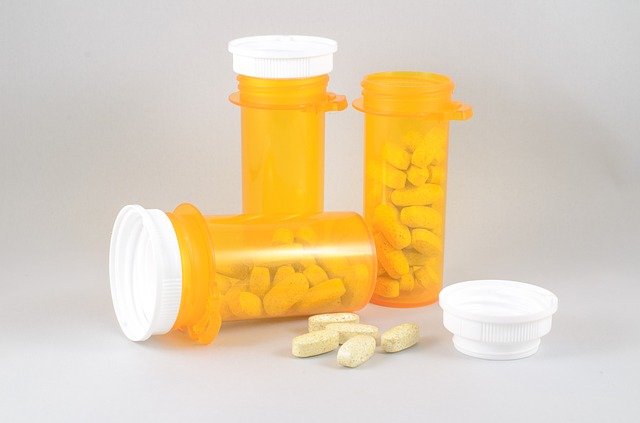
Currently, in the world, about 10% of the general population takes a proton pump inhibitor (PPI) drug to treat symptoms of frequent heartburn, acid reflux, and gastroesophageal reflux disease.
In a recent study, researchers from UCSD found that PPIs block stomach acid secretions, and that can be harmful.
This PPI effect could alter specific gut bacteria and promotes liver injury and the progression of chronic liver disease.
One type of liver disease, liver cirrhosis, is the 12th leading cause of death worldwide and the number of people with the disease is increasing rapidly in the Western world.
The increase is partly due to more people having obesity, which is linked to non-alcoholic fatty liver disease (NAFLD) and steatohepatitis (NASH). Another reason for the increase is alcohol abuse.
PPIs include brand names such as Prilosec, Nexium, and Prevacid. They are among the most commonly prescribed drugs in the world.
They are also relatively inexpensive drugs, retailing for approximately $7 for a recommended two-week course of generic, over-the-counter Prilosec (omeprazole).
One study estimates Americans spend $11 billion on PPIs each year.
Previous research had shown that PPI usage is particularly common among people with chronic liver disease.
The current study aimed to determine the relationship between PPI usage and chronic liver disease.
To achieve the goal, the team looked at mouse models that mimic alcoholic liver disease, NAFLD, and NASH in humans. They also examined the effects on humans.
In each, they blocked gastric acid production either by genetic engineering or with a PPI (omeprazole/Prilosec).
The researchers found that mice with gastric acid suppression developed alterations in their gut microbiomes.
These changes promoted liver inflammation and liver injury, increasing the progression of all three types of liver disease: alcohol-induced liver disease, NAFLD and NASH.
The researchers also examined the link between PPI usage and alcoholic liver disease among people who abuse alcohol.
They analyzed data of 4,830 patients with a diagnosis of chronic alcohol abuse. Among them, 1,024 (21%) were active PPI users, 745 (15%) were previous users and 3061 (63%) had never used PPIs.
The researchers noted that PPI intake among these patients increased stool concentrations of Enterococcus.
What’s more, the 10-year risk of a diagnosis of alcoholic liver disease was 20.7% for active users of PPIs, 16.1% for previous users, and 12.4% for never users.
The researchers concluded that there is a link between PPI use among people who abuse alcohol and the risk of liver disease.
They also suggest there are inexpensive and readily available alternatives to PPIs.
However, even non-PPI-based antacids (e.g., Pepto-Bismol, Tums, or H2 blockers such as Tagamet and Zantac) still suppress gastric acid to a lesser degree.
While these other types of antacids were not tested in this study, the team said any medication that suppresses gastric acid effectively causes changes in gut bacteria and thus potentially hurts the liver.
On the other hand, non-pharmacological methods for managing heartburn are an option for some patients, including losing weight and reducing intake of alcohol, caffeine, and fatty and spicy foods.
The study is published in Nature Communications.
Copyright © 2019 Knowridge Science Report. All rights reserved.



